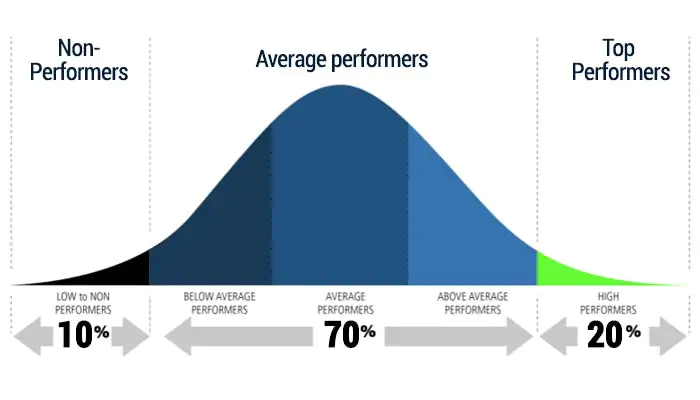The Southern Poverty Law Center (SPLC), arguably America’s foremost hate group, has defended Antifa terrorists, but has maligned me, a hard-right, Jewish individualist (daughter of a rabbi), who is frequently and mercilessly attacked by anti-Semites (a taste in the Comments to my column, at the Unz Review).
In the SPLC you have a shakedown operation parading as an anti-hate group, but acting as a hate group, an apt characterization courtesy of “SPLC Exposed.”
A free society will stand up to this crime syndicate, whose business is “racial racketeering for fun and profit,” as victim (and friend) Thomas DiLorenzo put it. Yes, these “do-gooders” destroy reputations and livelihoods for the sheer fun of it.
It is a submissive and feckless society that succumbs to SPLC extortion tactics. There is a price to pay for abandoning freedom and truth for the mess of pottage that is social approval.
Stand up to this crime syndicate!

